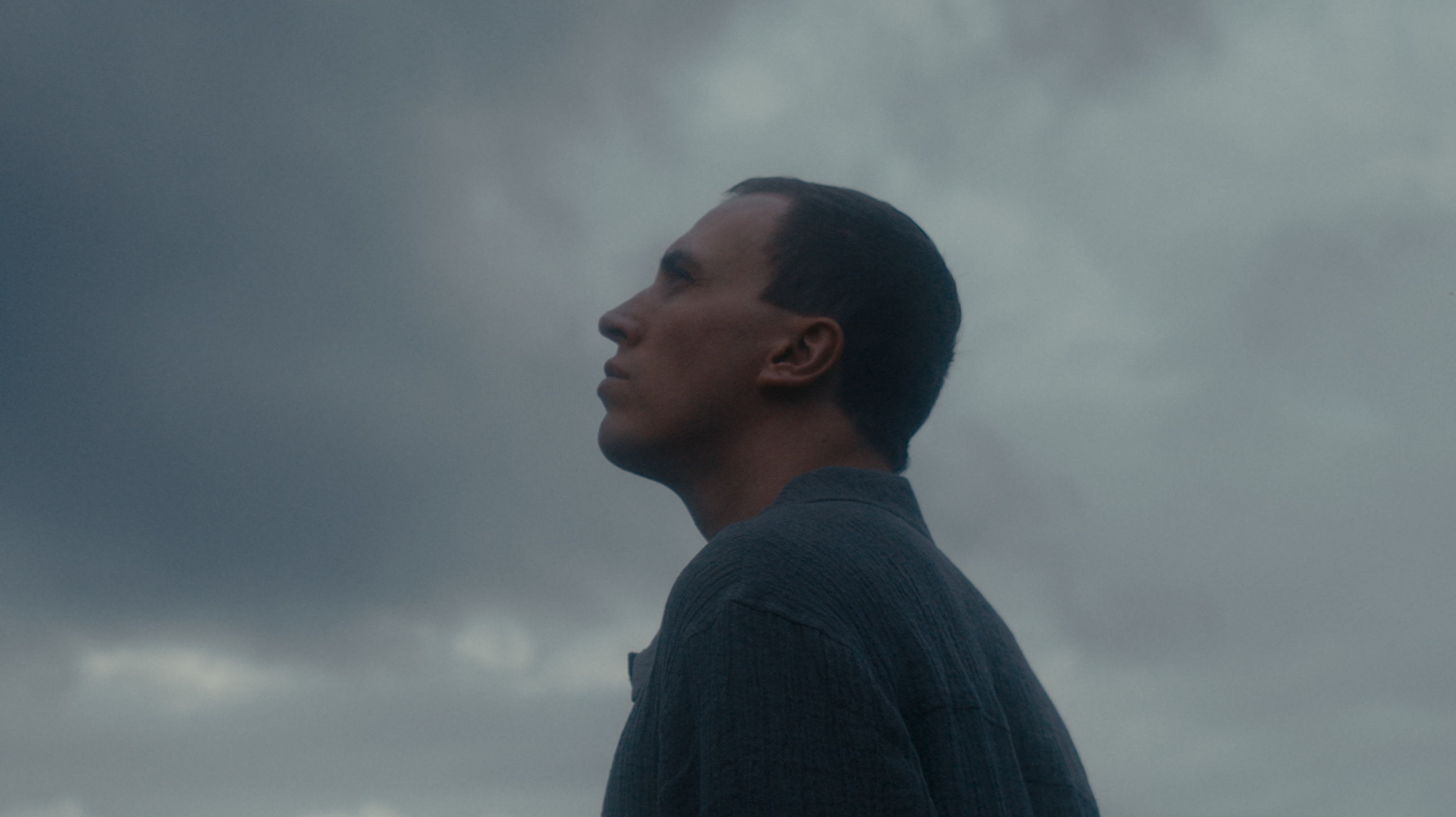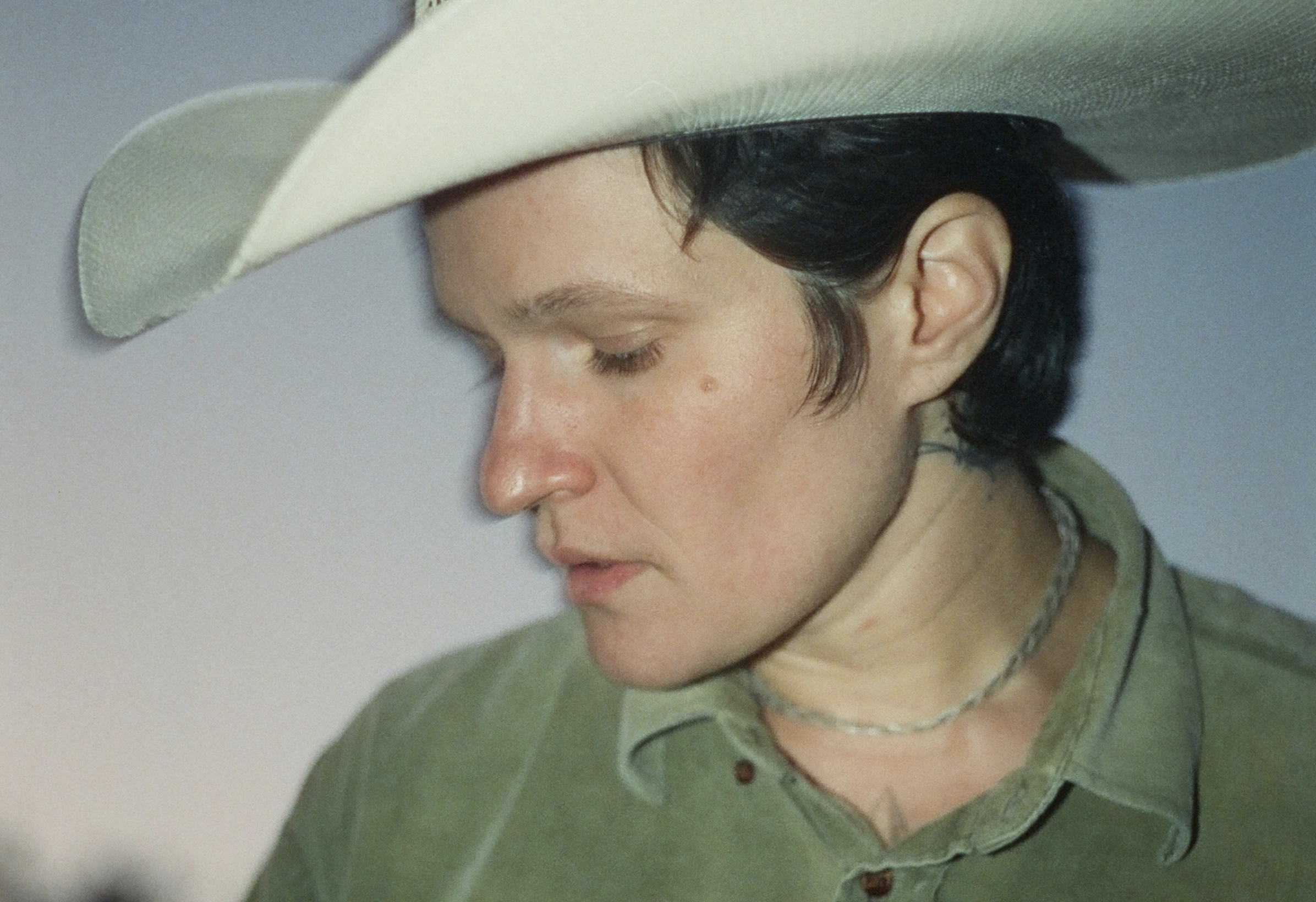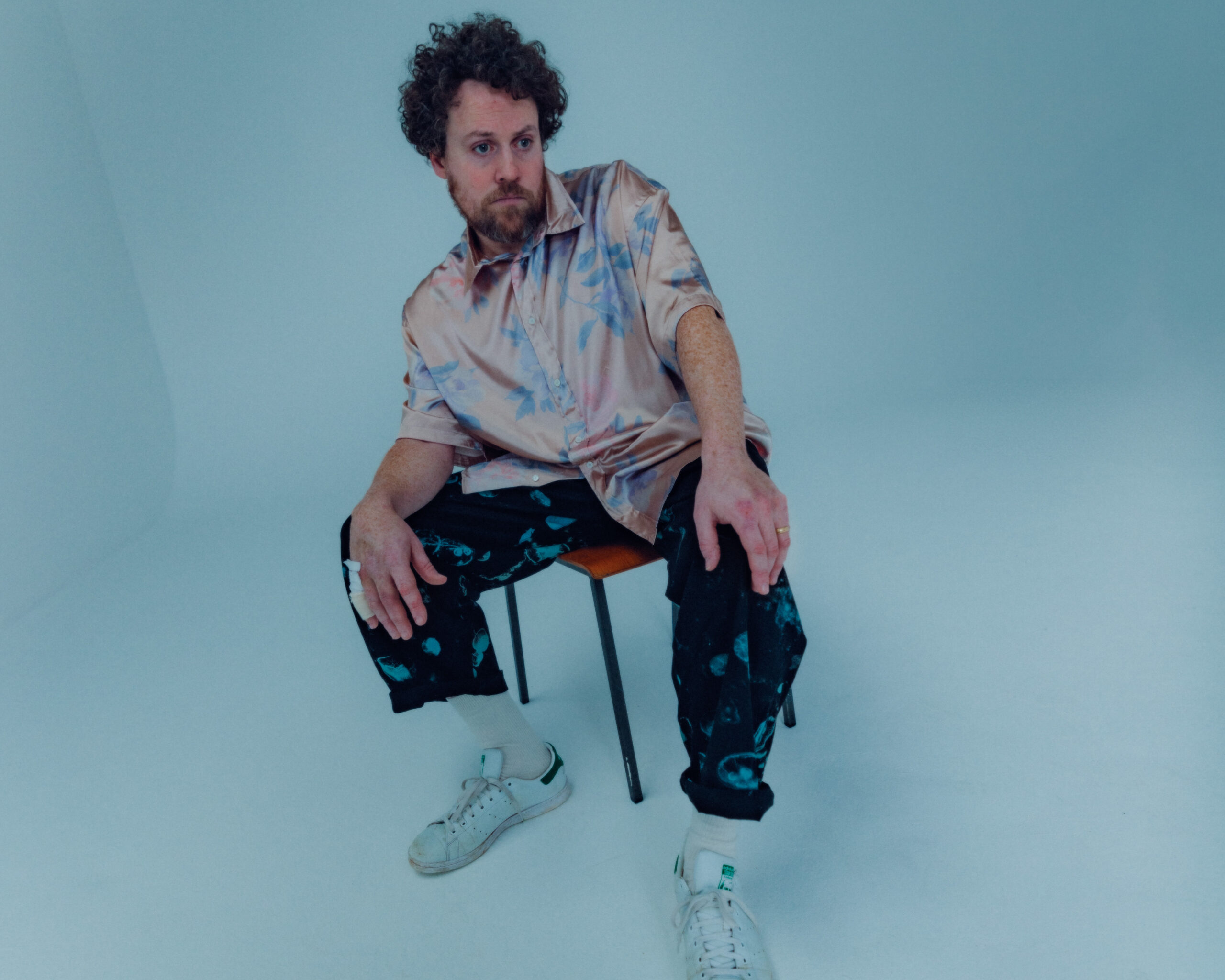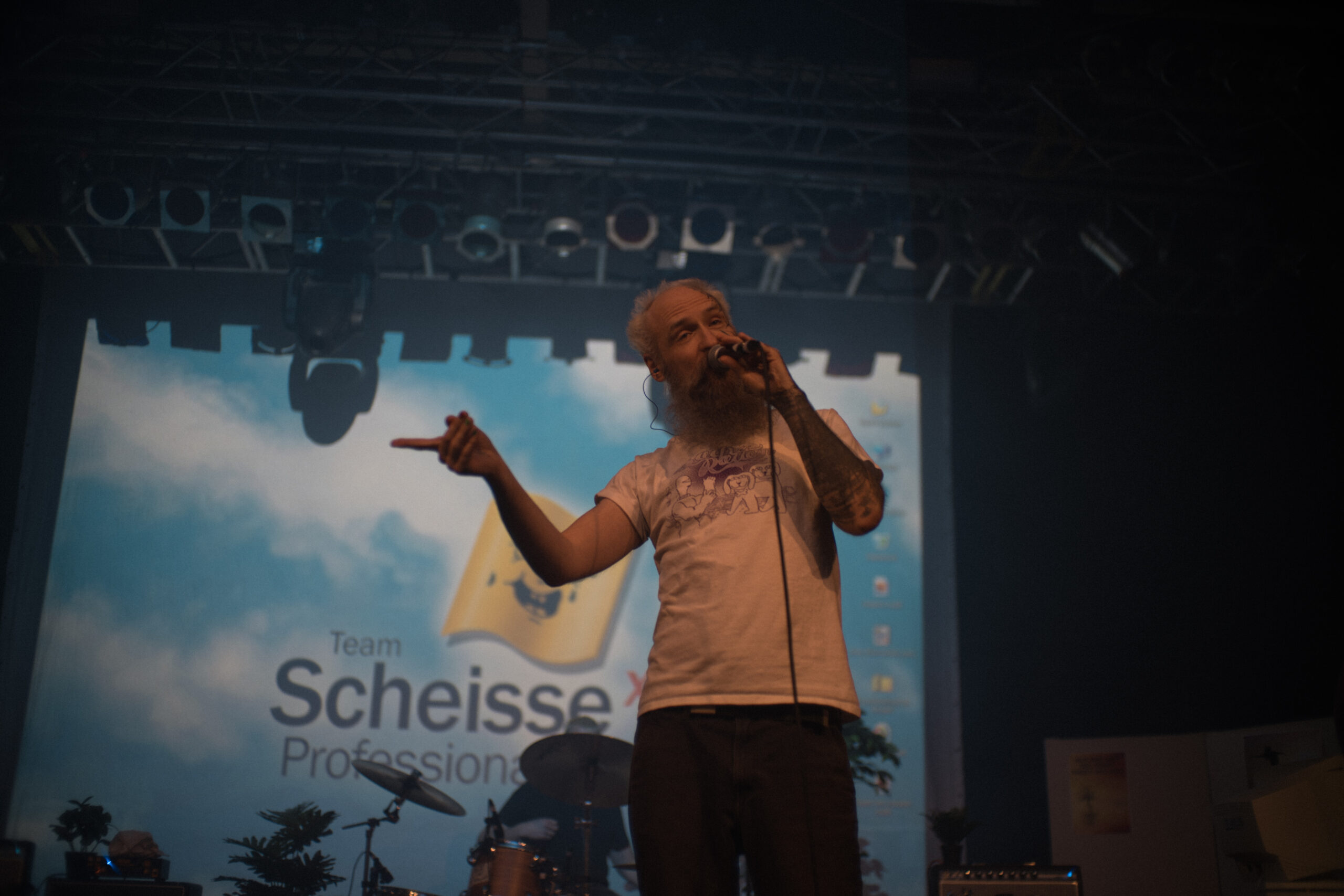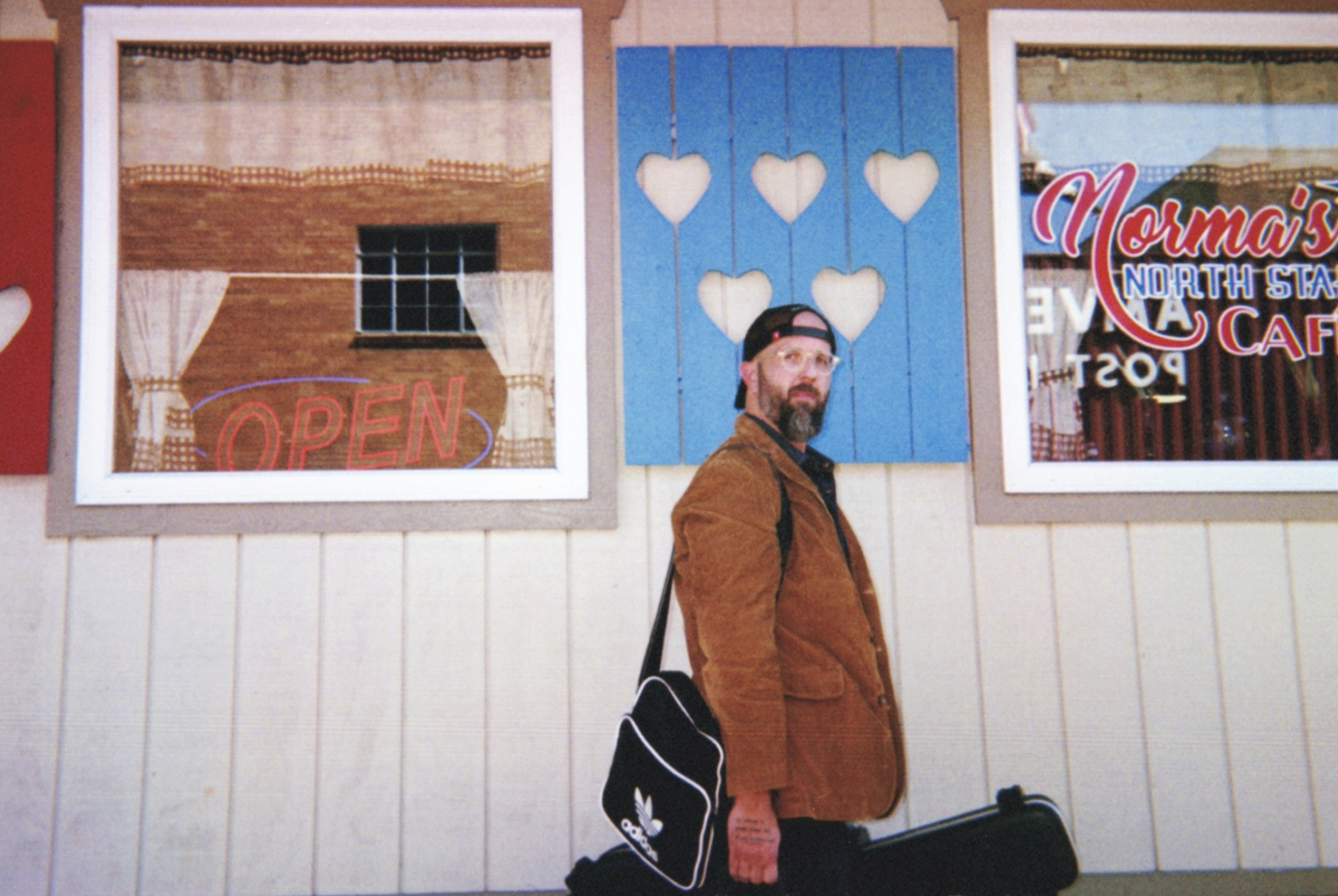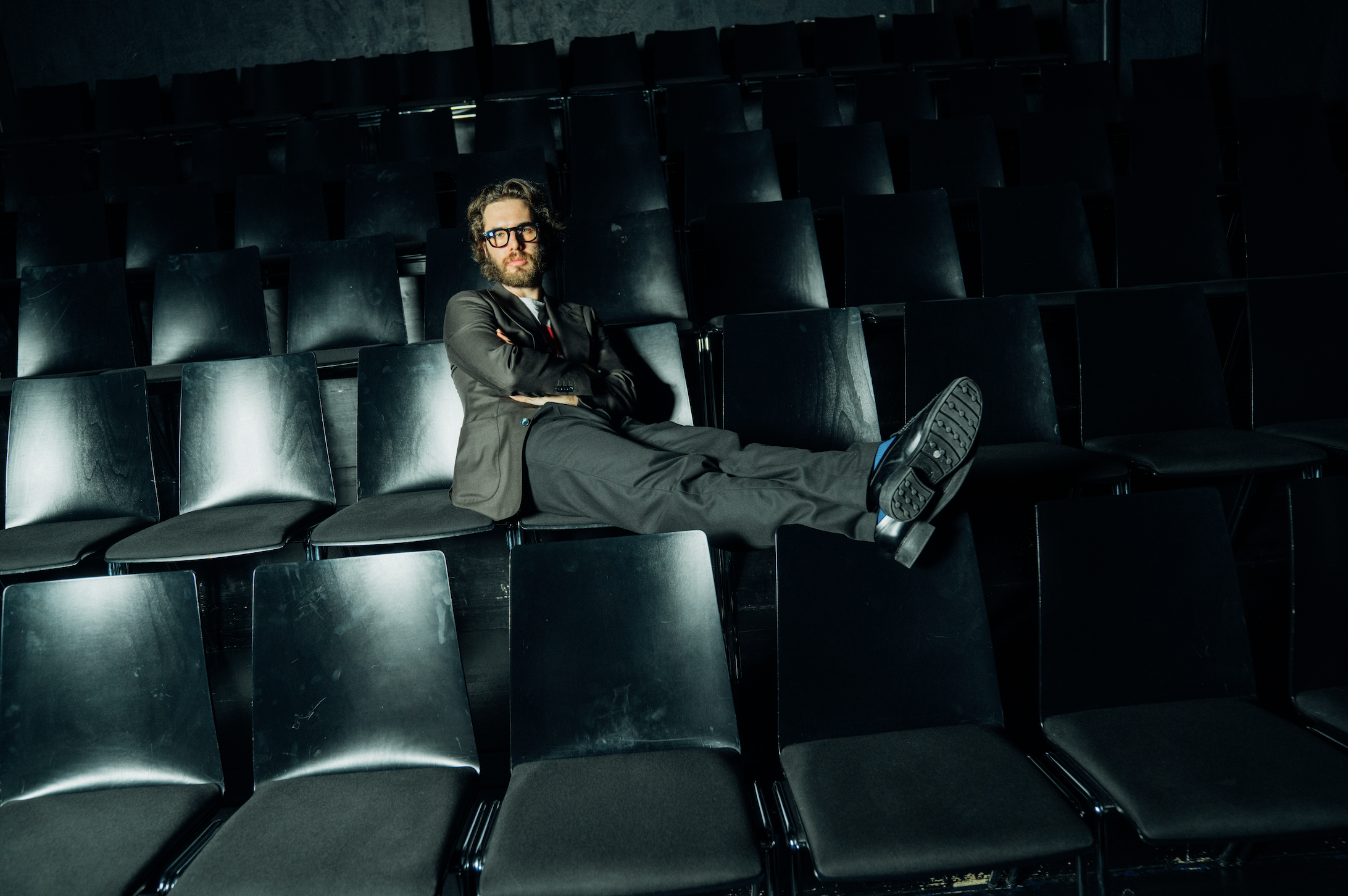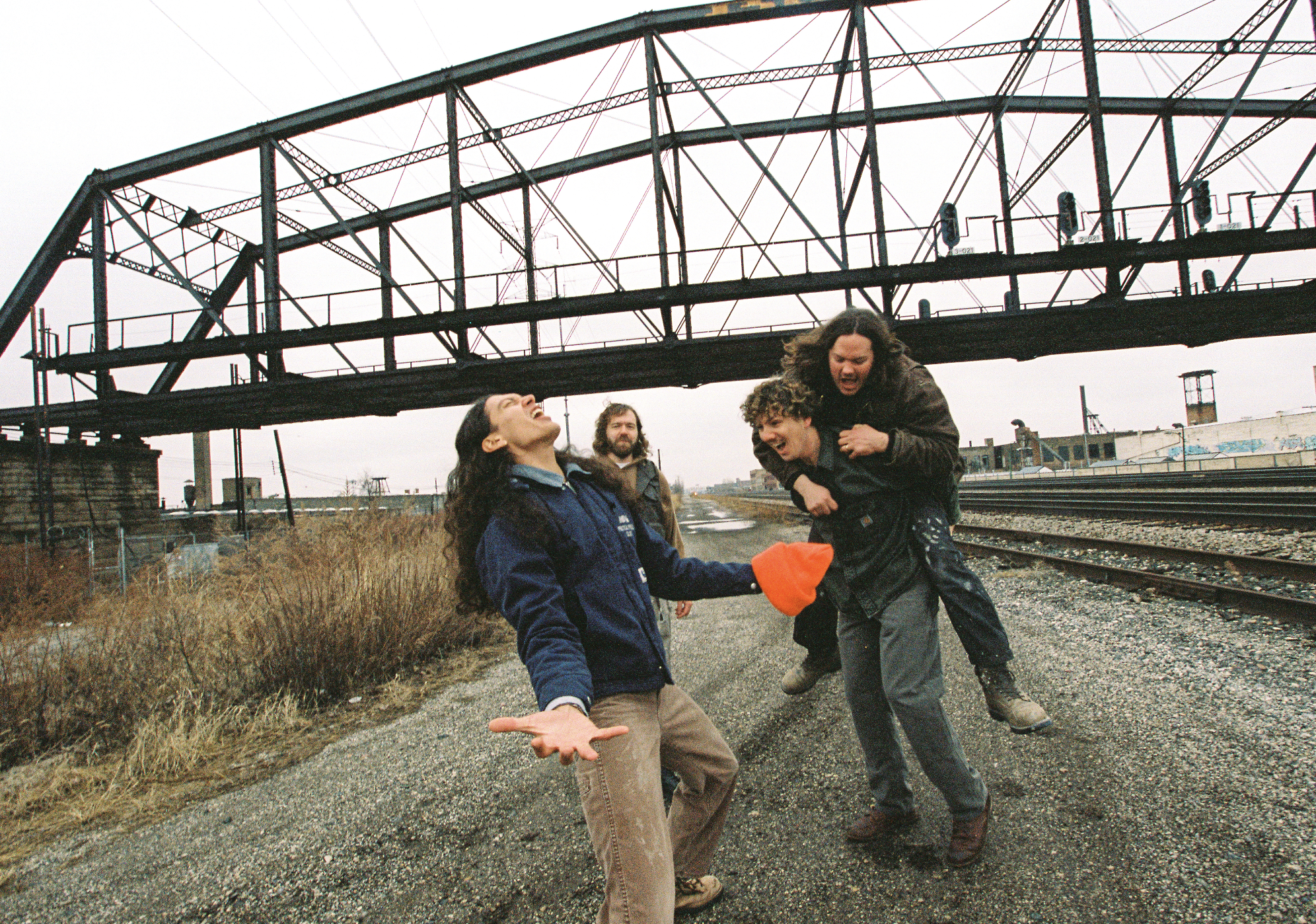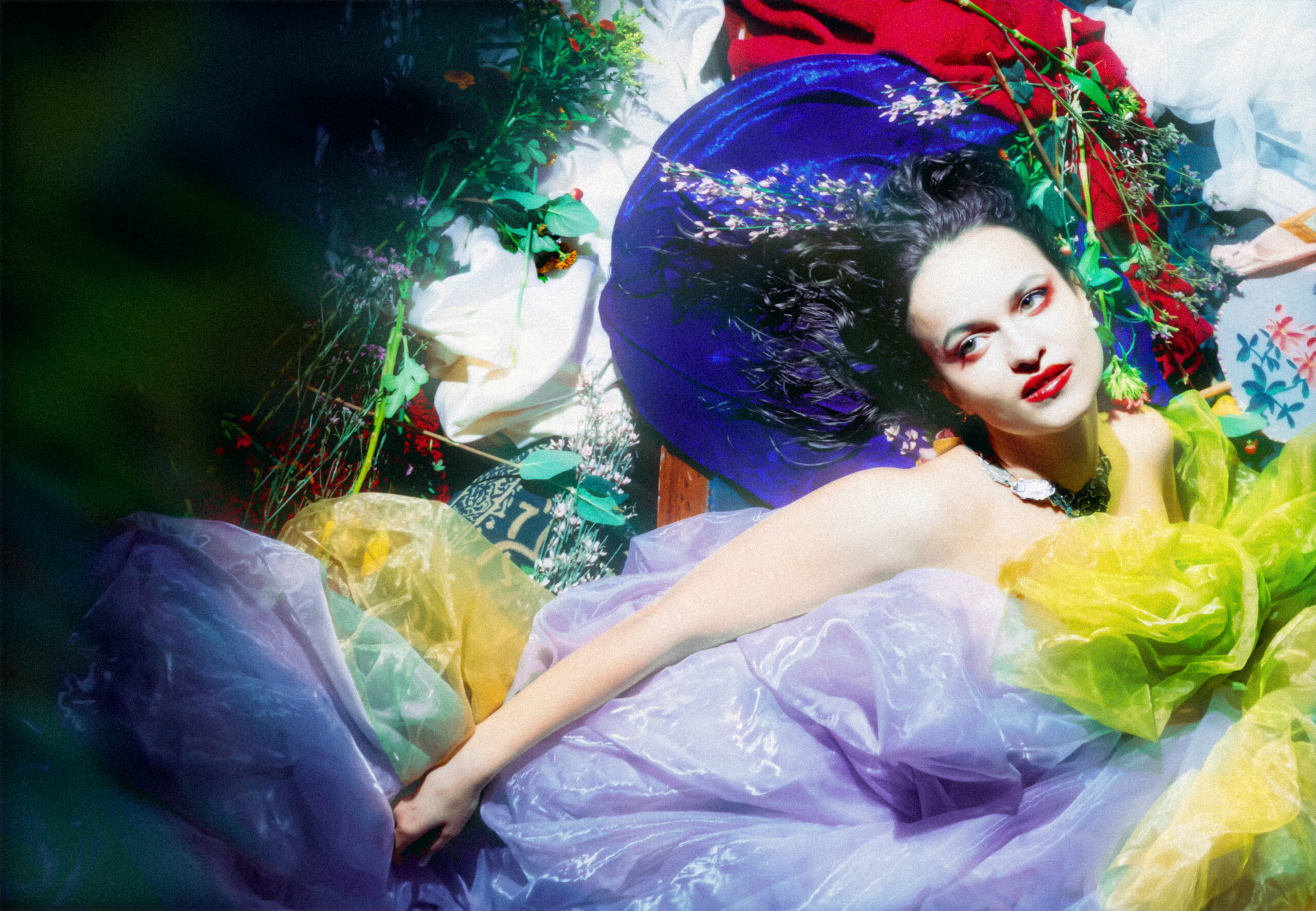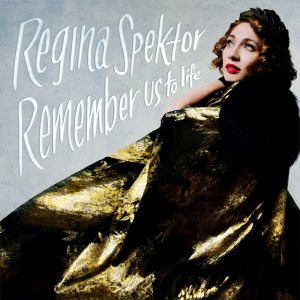
Im Mandala Hotel empfängt man mich mit leichter Skepsis. Mit dem großen Rucksack, in Jeans und zugegebenermaßen dreckigen Turnschuhen entspreche ich nicht dem gewohnten Klientel des Nobelhotels am Potsdamer Platz. Umso herzlicher begrüßt mich Regina Spektor zu unserem Interview über ihr neues Album ‘Remember Us To Life’. Zu Beginn ihrer Karriere hat die gebürtige Russin ihre CDs noch selbst auf den Straßen des New Yorker East Villages verkauft, heutzutage zählt sogar Barack Obama zu ihren Fans. Zum Erscheinen ihres siebten Studioalbums haben wir sie endlich vor unser Diktiergerät bekommen.
First I have to apologize: There were some problems with the stream so I only had one day to listen to the album…
It’s so much harder now. You want for people to hear your music but then there is all this protection on it. Ideally for me, someone would live with it for weeks. Because it is interesting, that is the life of a record: on the first listen something draws you in but then something else draws you in on the 5th listen. You need that time with it.
I agree. Sometimes I hear an album and I hate it instantly but can’t stop listening to it after a few days.
Somebody said to me that’s the way it works sometimes – I don’t know if that’s true, I guess it’s a psychological insight– sometimes you experience the same feeling with something that is new to us, as with something you don’t like. Which would probably explain why so much music that we listen to is so similar to each other. It’s easier on us.
Listening to the album I felt that ‘Black and White’ is a turning point in the sound of the album, tell me about that.
Well for me there are all this different sides to making an album. The writing of the songs is totally separate for me. It’s almost like I write songs as I live and then with every single one that I write it’s like a piggy bank kind of feeling. It’s like “OK, I have these songs in the piggy bank, I’m gonna make a record“. Normally I just draw form a very vast number of songs that spend years, and I think: this goes with this, and this has been around for six years but there is no recording of it. But this record is just songs of the last two years and I didn’t use any of the older songs in it. But every time you write a song it’s different and also when I make a record I don’t think about what the album is gonna be or what it should sound like. There are just clues, like I knew that strings were gonna be important but really varying. Tiny little harmonics, sounds kind of drawn out of a string instrument to trios and duets to very layered and processed to full orchestra. It ended up really varied and then after that stuff is all done, all the songs are produced the way every specific song needs to be produced, I am stuck. Because, fuck, this is a record and it has to be a record, so then I spend a lot of time just being like: does this go next to this and how do these songs get together. You have to separate yourself and just play with it like a puzzle, all the pieces need to fit together. And then after all kinds of massacres and suffering it fits into each other and you feel like a complete thing. I found that at first I wanted everything to be on it but it felt too long. Then I started kicking things of and it was good, cause you can always make a deluxe version for people, who want a really long album. For me the experience of these eleven songs is the record.
You had a kid two years ago, how has that changed your songwriting?
These songs definitely felt more like a group of this time period because I had gone through this experience. It was an interesting thing for me because I think any person, who is on their own world, even with other responsibilities, if you are somebody’s boyfriend or girlfriend, employee, lawyer,… you are still your parents kid and a type of independent person in the world. There is a kind of freedom in it. And I was thinking about what it will be like to make art and do all that and be so responsible. Especially for woman you are always asking yourself: can I be both? Can I make art and be a mum? Can I be independent and devoted? I was asking these questions too and it was really interesting because here I had been for many, many years, just responsible for myself and I had more time but I was making less art. Then I had less time and I was really responsible for this new life, I was making more art than I had in a long time. I really frown on any kind of recommendation like: I have to tell anyone! I had a child and I make a lot of art and everything get’s just easier to create– no. It’s different for everybody and I definitely think there were aspects of it I didn’t know. And I asked friends of mine who had kids already why they didn’t tell me and they were like: I didn’t want to freak you out. And I was like: Oh, because I didn’t realize how hard it was for you when you had your child five years ago. You kind of know but then you don’t know. I kind of knew but then I didn’t know. It’s really difficult but really amazing. My experience of it was that I was more inspired when I worked more and made more art with less time that I had in years. You just have such a short amount of time that if you want to do something you just do it. You stop with the whole overthinking. I like to overthink things and I like to torture myself and then do a little bit of work and then procrastinate a while, do a little work, procrastinate and now it’s like: you’re either doing it or not, shut up! I found it really inspiring and exciting to myself to know that I could be a really devoted parent and also make art. That being said, I have an incredible husband, who is also an artist and understands, we have grandparents on both sides, we have support, we live in New York City. I have had the chance to just be responsible for myself for a very long time. So with all that, I’m not gonna sit around telling everybody how easy it is to do it all. Make art, have babies, travel the world! I’m aware that I am in a very special position. I have friends, who do it on their own, who work a job that is not their passion to support their kids. I don’t know if I’d be the same person or even get to make this much art if I didn’t get a chance to develop and do it when I was ready. It’s an interesting head space and I definitely feel lucky because I’ve been surprised and amazed by the experience. It’s really cool.
Do you think that there is a specific song on the album that describes this ambivalence or is it everywhere?
I think that is not how my art works. Some people have very clear family tree where they can say this song comes from these two parents with this movie and that books and that thing and that thing. Mine is more like three drops of that and five drops of that. It’s kind of mysterious to me. But I’m sure that all the feelings that I have access to are floating around there but they don’t necessarily come out like diary entries. Today I saw this so I wrote that –no. I’m more interested in fiction and fantasy and imagination.
Yeah, I read that your writing process wasn’t really autobiographic, I just wondered if having a child and new problems to face changed that in any way.
Things get in there, I’m processing real life as real as this is. I’m a pretty existential person, pretty psychedelic so that makes everything a little unreal, but at the same time I’m processing things with the system that I have, inside my body that is blood and real things. But I’m just much more interested in free and new perspectives. In letting things pour out of me without agenda, that is where my art comes from. It’s not: this thing happened, I’m gonna write a song about it. It’s more: this thing happened and I’m gonna write a song about it and I end up writing a very happy song about something else. Or I’m really really happy and I end up writing the saddest song. It’s like this strange machine where you push the button for cappuccino and orange juice comes out. You don’t get to decide. There are all sorts of people, who cover everybody needs, somebody needs a really good beat and they don’t need lyrics, they just want to move their bodies and singing would get in the way. There is somebody, who is making that art for them and I’m making my art for whoever needs it.
I love how your speech is so visual, “The Trapper And The Furrier“s chorus gave me a flashback about a play that I saw as a child about the Baba Jaga and she lives in this house…
…with the chicken legs! So scary, right!
So scary! And that is what I love about music! You hear a sound and suddenly your in another moment, twenty years back!
I love that too! Very much as a matter of fact! What you just described is the number one reason why I just really and again – I think that there are plenty of people and it is part of their art to talk about what made them do what and why and explain and analyze and the music can come with an accompanying essay about all the things– but for me the most exciting thing is that now “The Trapper And The Furrier“ and you have your own relationship. It has nothing to do with me. I can go and have a coffee on the terrace and there is this kind of new friendship. You now have your own memory with it. And I was saying that to a very nice journalist woman earlier. The way she asked me it was almost like she wanted to solve the song and for me to tell her that she got it right. And I think that a lot of people have that and it comes from all this kind of things that are drilled in us in school. Did you understand this book correctly? Did you get what the writer was trying to say. Well, yeah you got what the writer was giving because the writer was giving that book. Somebody can teach you about certain things and codes and of course you can understand things on a deeper level if you know that the writer has drawn from biblical imagery or certain kind of art history puts it into context. Aside from that it has to have its life, it has to have its connection. I don’t like to supplement songs with things because then it takes something that is free and starts classifying it after the fact. Because the truth is: I can’t 100% know anyway.

